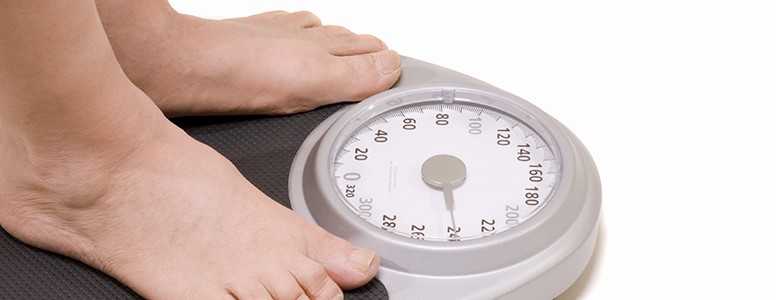40 per cent of overweight teenagers are not aware that they are overweight, according to new research. Being unaware means they are less likely to take steps to lose weight, and might, therefore, increase their risk of metabolic conditions and type 2 diabetes.
The researchers interviewed 5,000 teenagers between the ages of 13 and 15, asking them if they thought they were too heavy, too light, or about the weight they should be.
20 per cent of the participants were overweight, judging by BMI, and seven per cent would be considered obese. 40 per cent of the overweight or obese participants believed they were about the right weight.
The study did not place the blame on the teenagers. Rather, the findings suggest that not enough is done to educate teenagers about what constitutes a healthy weight, and the risks associated with being overweight, such as a higher risk of type 2 diabetes, heart disease and stroke.
The lack of understanding some teenagers appear to have about healthy weight is caused by a number of factors, including a lack of industry regulation and aggressive junk food marketing: in 2011, the British Heart Foundation published a document calling for greater restrictions on advertising aimed at children and young people. In the lead-up to the general electio, the Liberal Democrats promoted similar measures.
Moreover, a recent study found that processed food is becoming cheaper, while fruits and vegetables are more expensive.
In some ways, the findings are positive: despite the potential metabolic consequences of being overweight, teenagers have a realistic view of body image, rather than aiming for an unrealistic and unhealthy look.
The findings suggest that, ultimately, there needs to be a balance between educating young people as to the risks associated with obesity – including type 2 diabetes – but without blaming or making people ashamed of themselves.
“The study was a cause for celebration and concer,” said lead author Jane Wardle, of University College London.
“Young people who think they’re overweight when they’re not can sometimes develop devastating eating disorders, so we’re delighted that most of the normal-weight teenagers had a realistic view of their body size.
“But we need to find effective ways of helping too-heavy teenagers slim down and maintain a healthier weight, and it’s vitally important that we find out whether it helps if they are more aware of their weight status. There are no easy answers.”
What's new on the forum? ⭐️
Get our free newsletters
Stay up to date with the latest news, research and breakthroughs.








